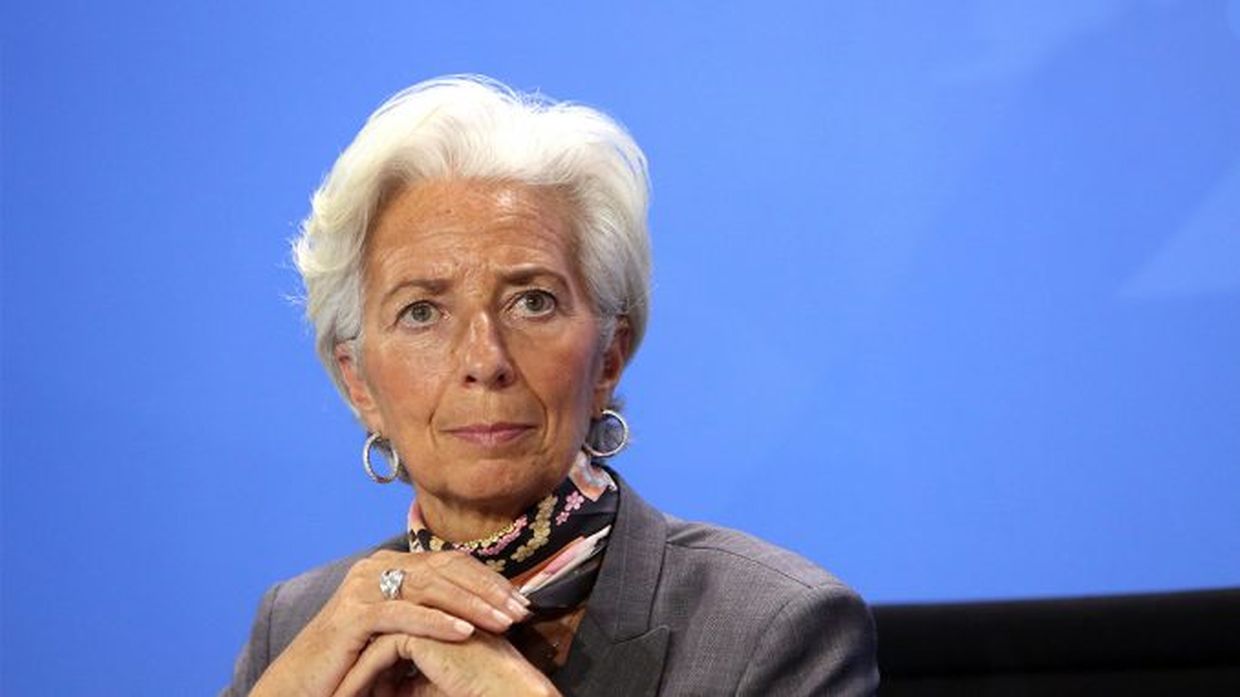
Half recognition of the usefulness of cryptocurrencies
On 27 September, a conference on the opportunities and challenges of the tokenization of finance was held at the Louvre Museum, organized by the Banque de France. During the conference, cryptocurrencies were beaten up by the President of the European Central Bank.
Christine Lagarde, however, initially acknowledged the "obvious success of cryptocurrencies". According to the former head of the IMF, cryptocurrencies have gone from what was once "an anonymous libertarian inference" to an increasingly accepted means of payment.
It wasn't long, however, before this little acknowledgment was extinguished. Ms. Lagarde immediately pointed out the danger of cryptocurrencies, citing the example of the Earth USD collapse (quotation FSO).
Furthermore, the President of the ECB has even rejected the term "cryptocurrency" which, in her opinion, should be systematically replaced by that of crypto-asset. According to the author, this term would rather refer to the "purely speculative" character of cryptocurrencies.
The deviation of the digital euro
After condemning cryptocurrencies, Christine Lagarde expressed her enthusiasm for the development of the digital euro. Billed as a more reliable alternative to cryptocurrencies, this euro will especially allow European central banks to retain control over a digital currency that aims to be adopted by as many people as possible.
In this way, it is hoped that national monetary authorities will take a leading role in tokenization and financial decentralization, which currently eludes them considerably. Christine Lagarde announced in this regard:
If central banks are not on board and are not participating in the development and evolution of digital currencies, they risk losing the anchoring role they have played for decades.
According to her, around 100 central banks are currently working on developing their digital currencies. For the President of the ECB, these digital currencies will offer anonymity of transactions. She added:
During the development of the digital euro, we have always kept in mind that the right to privacy is an important aspect for Europeans. The digital euro will respect the anonymity of its users to some extent, but not at the level of the European Central Bank.
While this may come as a surprise, using the term decentralization to describe this digital euro can make you smile. It should be noted that the euro is being developed with the ambition of becoming part of the daily life of European families. The launch is currently scheduled for no earlier than 2026.
